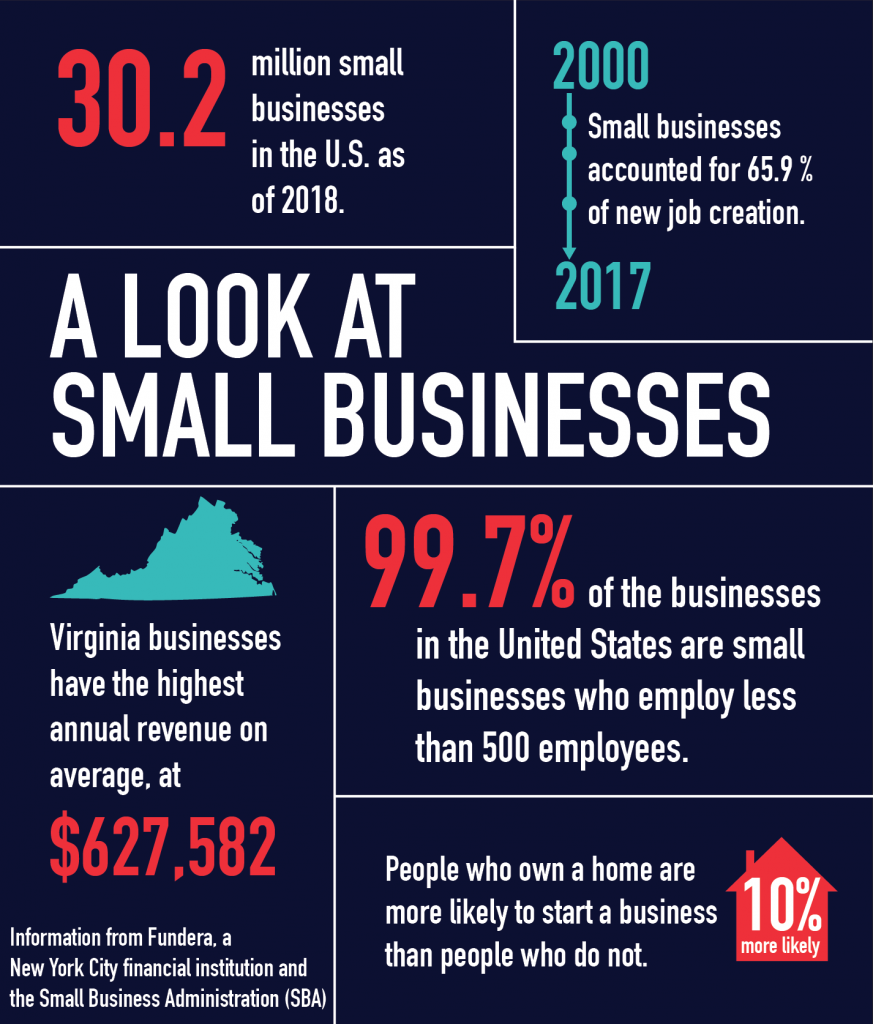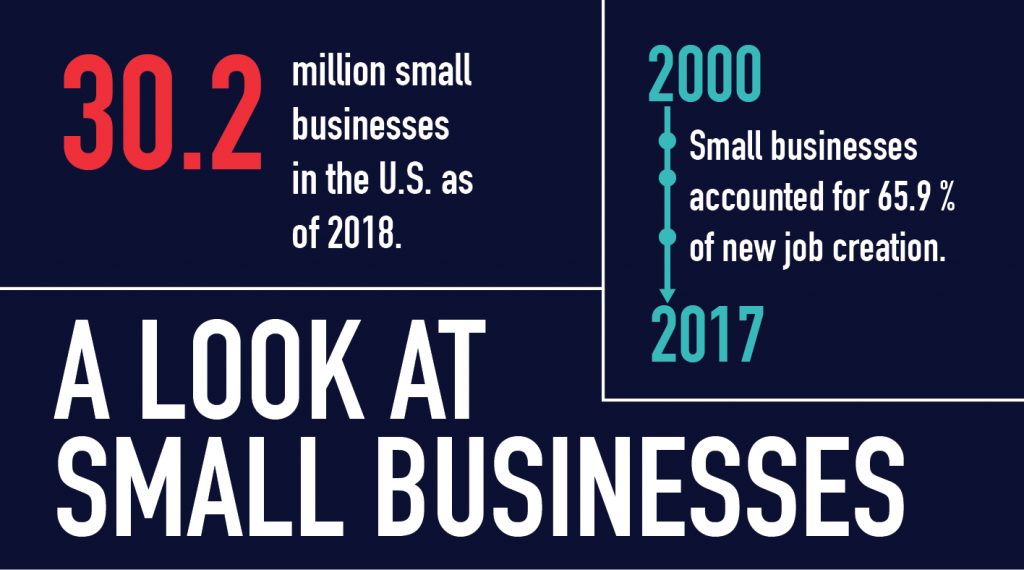Freedom to work where they want.
A flexible schedule.
For many who desire their own business, the benefits are obvious. Being their own boss sounds like a dream.
But much more goes into small businesses than first meets the eye. Alexandru Barker, who started a videography business while still working full time as a police officer, experienced some of those challenges.
Time commitment
When Barker started his videography business, days off became a distant memory. Each morning, he rose early to work on his business before his job. While at work, he continued to run his business when he could.
After each day, he communicated with clients until nightfall, doing it all over again the next day. His days off consisted of shooting video, connecting with networking groups and meeting people.
“(Entrepreneurs) give up a 40 hour a week job just to work 80 hours, probably for less money,” Barker said. “Typically, it is 24/7. You have to live (and) breathe everything about your business, all the time. If people do not know what you are doing, you are probably not doing it enough.”
Barker is not the only one who found the time commitment challenging.
Liberty University freshman Lillian McSweeney sells hand crocheted accessories both offline and through her Instagram page,
@happyliliescrochet. While McSweeney spends only 10 to 20 hours a week on Happy Lillie’s Crochet, she said the time required can be a challenge. She explained that discipline and a strong work ethic are integral for any business’s
success.
“You have to stay organized,” McSweeney said. “I set aside time each week when I can crochet. It is all a matter of planning out my time each week and doing things on the same day each week.”
Getting started
Barker, now the assistant director at Liberty’s Center for Entrepreneurship, believes one of the biggest challenges of starting a business is that people do not know where to start. It is important for entrepreneurs to do their research, and something as simple as researching competitors is a good starting point.
Making first sale
However, there is more to a business than simply exploring options, according to Barker.
“Until you make a sale, you are not really a business. You are just an idea,” Barker said. “For a lot of people, I think the hardest thing is that first sale. It usually takes a lot of work, but it gets easier.”
For Barker, the challenge of making that first sale and continuing to make sales required a strong customer base. He first found clients by calling local businesses and asking if they or anyone they knew needed a videographer.
“I did a lot of local jobs and a lot of free jobs that showed my quality in the work I did,” Barker said.
Barker explained this helped people get to know him, making them more willing to choose his services in the future. As his personal brand became established, more of his business came from referrals.
Another way entrepreneurs can promote their business is by advertising in the local community, according to an article by Small Business Trends. This will help entrepreneurs make that first sale quicker. A few ways they can advertise is by leaving brochures in public places or sponsoring local events relevant to their business.
McSweeney, whose business is still growing, knows about the challenge of finding customers. Right now, she has sold her creations mainly to family and friends. She also advertises her business by wearing her items.
“I will wear something with my crocheted flowers on it, and when people ask where I got (the flowers), I will tell them, ‘Actually I made them,’” McSweeney said.
Learning to grow
While the early stages can make or break a business, there are more challenges down the road. For Barker, one of those challenges was learning how to expand. As he accepted more clients, he discovered he needed to hire people to shoot and edit video.
To fund these employees, Barker needed more sales and more jobs. But to take on more work, Barker needed to find people to do it.
“You can get something up and running, and it can make a couple thousand dollars, but how do you break that next barrier? All that requires more time, more resources, more money, more experience, more knowledge,” Barker said. “There is always something more you can do. It is just being effective in what you are doing.”
Facing challenges
Barker believes having a mentor significantly contributed to his business’ success.
“(My mentor) taught me how to be strategic, how to think through things for the long term and how to plan out,” Barker said. “Mentoring is probably one of the greatest things you can do. … You can learn from their ability and their successes.”
To find a mentor, Barker suggested reaching out to the community and to Liberty’s Center for Entrepreneurship. The center connects students with mentors and resources to help grow their business.

“What we offer is the (opportunity) to be mentored by someone who has already been there, who has been successful (and) knows the ins and outs of what it is going to take,” Barker said. “If you are willing to learn and invest time where you feel God is calling you, then mentorship can be the greatest thing for you.”
Despite the challenges of small business ownership, McSweeney encouraged students that her experience has been rewarding.
“My advice to students is if you want to start a business, then go for it,” McSweeney said.
Barker believes the rewards of entrepreneurship will make the challenges worthwhile.
“Until you throw yourself out there and commit to it, it will never happen,” Barker said. “I think the hardest part for students and (other) people is that commitment because it is scary (and) it is risky. But if you love what you do every day and you are willing to take the risk, it makes it worth it.”


Lisa B
December 6, 2019
It is challenging to start off, but also exciting and rewarding. You definitely have to put the time into to the point where you start to dream about your business! Our website Maid service is a good example of that.